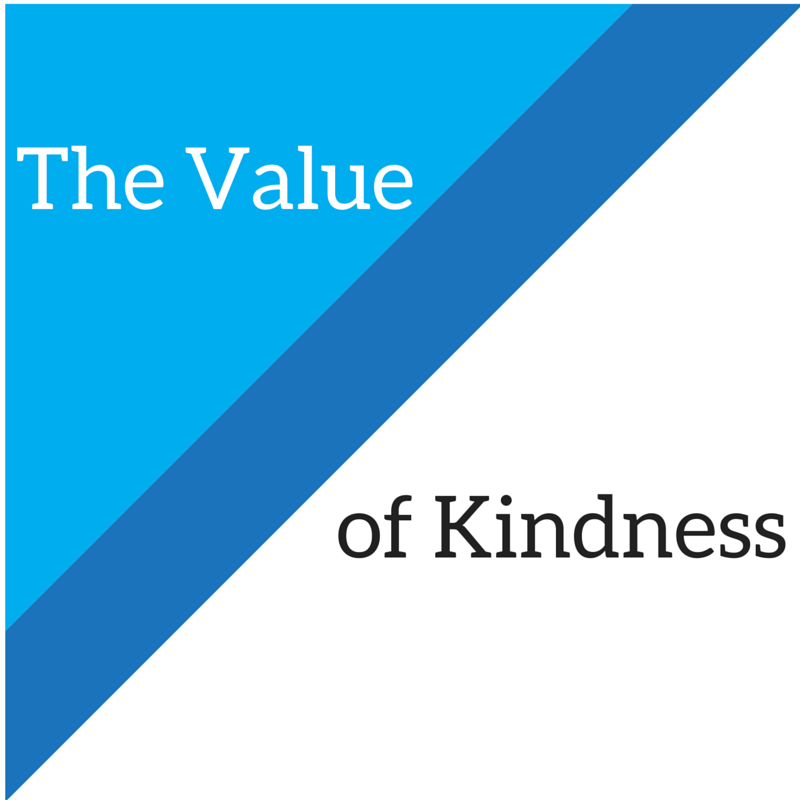He was already in his “twilight years,” when the philosopher/theologian, Abraham Joshua Heschel, wrote: When I was young, I valued clever people. Now that I am old, I value kind people.
We humans flourish when treated with kindness, and this becomes even more true as we age. With less time ahead of us than behind us, the need for a less complicated, kinder life replaces the need for those external signs of success (the big house; the new car…) that were so important to us in earlier years. Showing kindness doesn’t cost anything or even take much time. It does not require elaborate preparation. Kindness can be as simple as a warm smile; a touch; or a word of encouragement.
When we are kind, it is not only good for the object of our kindness; it is also good for our own health and happiness. Professor Stephen Post, author of Why Good Things Happen to Good People, looked at the evidence that being kind is good for your health.
“A strong correlation exists between the well-being, happiness, and health of people who are kind,” says Post. “It’s difficult to be angry, resentful, or fearful when one is showing unselfish love towards another person.”
Research also shows that people who are kind and compassionate have better general health and live longer, as do the people on the receiving end of their kindness. Children do better in school, and people with an injury or illness heal more quickly when they are treated with kindness.
Kindness is universal, understood by people of all ages and cultures. And it even transcends conventional sensory and communication pathways. As the author, Mark Twain wrote: Kindness is the language which the deaf can hear and the blind can see.






